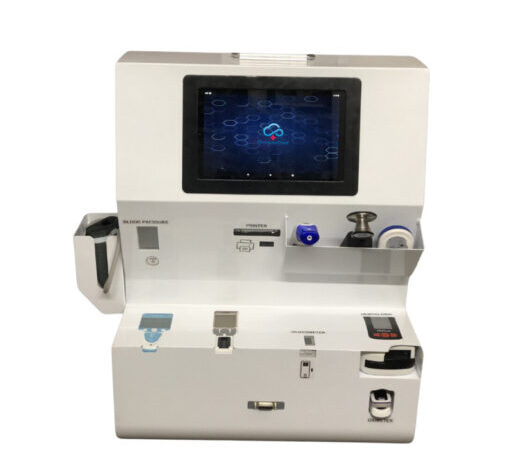
Are Unhealthy Eating Habits Predetermined By Genes: All About The Fat Genes That Regulate Craving
Do you know that your gene decides why you gain weight quickly or struggle to lose the extra kilo? This genes are what makes you, yeah, you. But they also decide on what size of your jeans! Yes, it seems that our genetics play an important role in controlling (or increasing) appetite and limiting (or increasing) our weight gain. Genes have a greater influence on the way we eat, our appetite and also our metabolism. According to research, people who gain weight faster usually have several genes, which affect their appetite. They may feel more hungry more often than those who are thin naturally.
You might think that a diet will help you lose weight quickly, but not everyone can stick to their diet plan. This is not about their will but their genes, who control their eating behavior. So, if your parents experience obesity, there may be certain possibilities that you are more likely to be fat too. But you can fight opportunities with genes by aligning diet and sports.
WHAT IS GENETICS?
Genetics is the study of your gene. Genes store broad information about each individual, and know this can help you live a healthier life. Identical twins that have different genes will have different manifestations. Gene instructions are what makes you vulnerable to certain medical conditions.
Your genes:
- Determine how the fat will be used in your body
- Regulate the hormones that affect your control food preferences
Over time, with good lifestyle changes, you can change the expression of your gene. Therefore, it is important to maintain a healthy body by understanding your genetic potential.
HOW DOES ‘FAT GENE’ AFFECT EATING BEHAVIOUR
Many experts in a round voice agree that genes do affect eating habits and this, in turn, deciding our weight. Let’s look at the gene responsible for this.
The FTO gene
According to research, the FTO gene causes certain differences in various individuals. People who have gene mutations -Gen have a chance of 20 percent to 30 percent higher to become fat. After eating, people with high obesity risk variants have a higher level of ghrelin ‘hormone hormones’. After eating, the level of ghrelin in high -risk individuals does not fall as low as low risk individuals. Also looks faster after eating, implies that the high -risk individual does not suppress Ghrelin as effectively after eating. This means that individuals at high risk are biologically programmed ‘for more eating.
The MC4R gene
Another gene, MC4R, is also responsible for our appetite. Usually, the MC4R gene is activated after eating to signal that we are full. The genes are turned off after we stop eating and satisfied. However, that was not always successful. Genes have been found to have up to 300 mutations.
This mutation is the most common cause of obesity of single genes, accounts for six percent of very fat children. Those who have certain mutations never receive a signal that they are full, unlike them with the MC4R gene that functions usually. This means they continue to be hungry and more likely to over -eat, gain weight.
The LEPR gene codes
In addition, the LEPR gene code for protein known as leptin receptors, which are involved in body weight regulations. Individuals who have deficiency of leptin receptors (genetic disorders) can be very fat in the first few months of life. The affected person was born with normal body weight, but they continued to be hungry and gain weight quickly. Excessive hunger also causes chronic overeating and obesity.
This mutation is the most common cause of obesity of single genes, accounts for six percent of very fat children. Those who have certain mutations never receive a signal that they are full, unlike them with the MC4R gene that functions usually. This means they continue to be hungry and more likely to over -eat, gain weight.
THE WAY FORWARD
Genes, eating patterns, and lifestyle choices are some of various contributors to gain weight. Understanding your genetics can help you understand your tendency and open the way to personalize food and exercise based on your body’s needs. At present, there is a simple genetic test that can be done at home, and this can reveal information on your gene.



